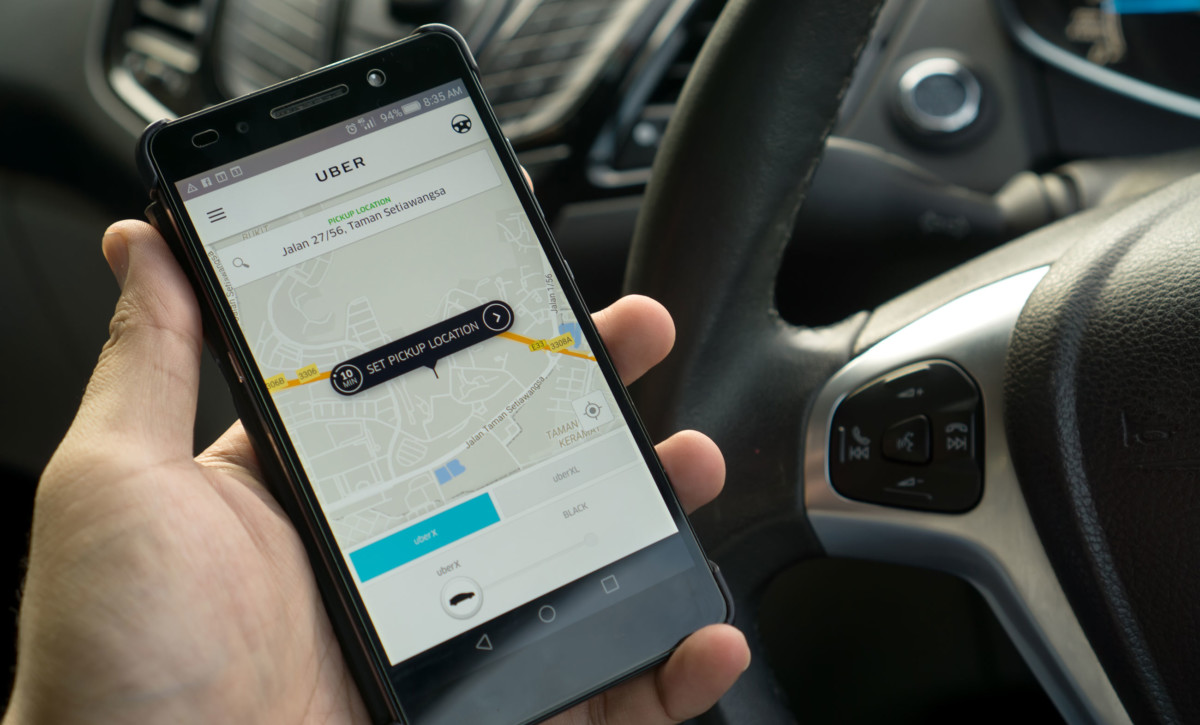Did you know that Truthout is a nonprofit and independently funded by readers like you? If you value what we do, please support our work with a donation.
Some employers don’t want to call their workers employees anymore.
At least 11 states have considered laws enabling most online platforms for goods and services to turn many workers into independent contractors. And the fight isn’t over. Gig economy companies are seeking to suspend or overturn a California Supreme Court ruling that would make it much more difficult to classify employees as independent contractors.
Deeming workers independent contractors allows gig economy companies to avoid paying payroll taxes and health benefits and means they don’t have to comply with certain labor laws. Independent contractors are not protected by state and federal laws that provide employees with minimum wage, discrimination and sexual harassment protections, for example. But gig economy companies argue the new legislation clarifies their role. The sharing economy has spawned a string of lawsuits over worker classification.
Behind the legislative push in many of these states is the online platform Handy, which connects users with home service providers such as cleaners and someone to mount your TV, said Rebecca Smith, deputy director of the National Employment Law Project. This effort was the focus of a Quartz article in March.
“These companies are trying to shift the cost of doing business onto taxpayers and low wage workers,” Smith said. “And that will engender a race to the bottom in service industries.”
A spokesperson for Handy did not respond to an email requesting comment.
A 2016 study by two leading economists, Lawrence Katz and Alan Krueger, found that workers in “alternative work arrangements” jumped by more than 50 percent in 2015 from a decade earlier, to 23.6 million. A separate report released by the Bureau of Labor Statistics estimated that about 10 percent of American workers in 2017 fell into this category, which included Uber drivers and temp workers.
Bills allowing companies to claim most employees are independent contractors have been introduced — but not passed — in Alabama, California, Colorado, Georgia and North Carolina. Florida, Iowa, Tennessee, Kentucky, Indiana and Utah have signed similar bills into law.
Handy is also among a group of gig economy companies seeking to thwart a California Supreme Court ruling. That decision, issued in April, would make it more difficult for companies to say their independent contractors are not employees under state wage laws.
At the center of that case were two delivery drivers hired by Dynamex Operations West. The company deemed them independent contractors while the drivers believed they should have been classified as employees. The California Supreme Court ruled in the workers’ favor.
Other companies that signed the letter opposing the ruling are DoorDash, Lyft, Postmates, Instacart, Square/Caviar, TaskRabbit, Total Systems Services and Uber. In their letter dated July 23 to the governor’s labor secretary and cabinet secretary, the companies warned the ruling would have far-reaching implications and urged legislation or executive action by the governor to suspend or override the ruling.
“The sweeping impacts of this decision already are being felt across the state, and these impacts will only become more acute in the months ahead,” the companies wrote. “The magnitude of this issue requires urgent leadership.”
Efforts to change the California Supreme Court’s ruling in the Dynamex case “would certainly be intended to salvage systems now deemed illegal, and continue to exclude individuals from basic workplace protections,” Tim Williams, co-lead counsel for the plaintiffs, wrote in an email to Reveal. “We hope efforts to undermine or overrule Dynamex will be rejected in favor of more common sense approaches to solving business’s profitability issues.”
![]()
Media that fights fascism
Truthout is funded almost entirely by readers — that’s why we can speak truth to power and cut against the mainstream narrative. But independent journalists at Truthout face mounting political repression under Trump.
We rely on your support to survive McCarthyist censorship. Please make a tax-deductible one-time or monthly donation.
